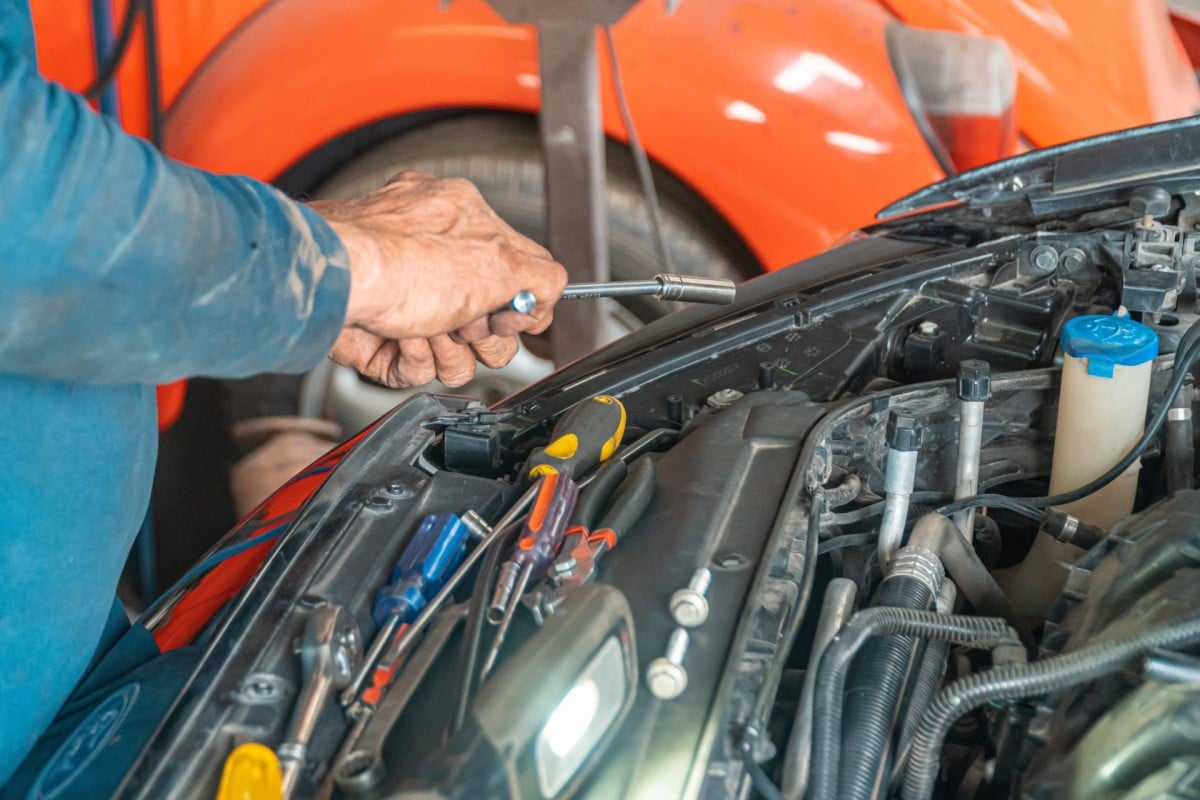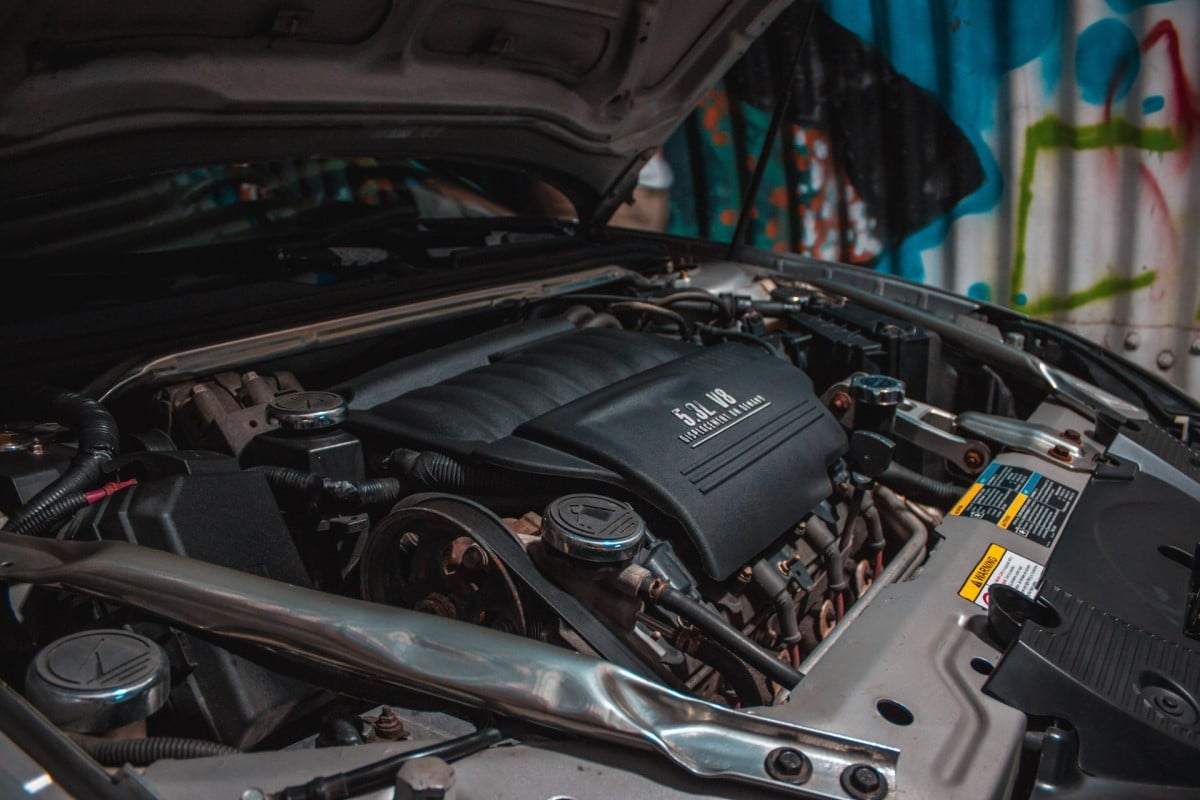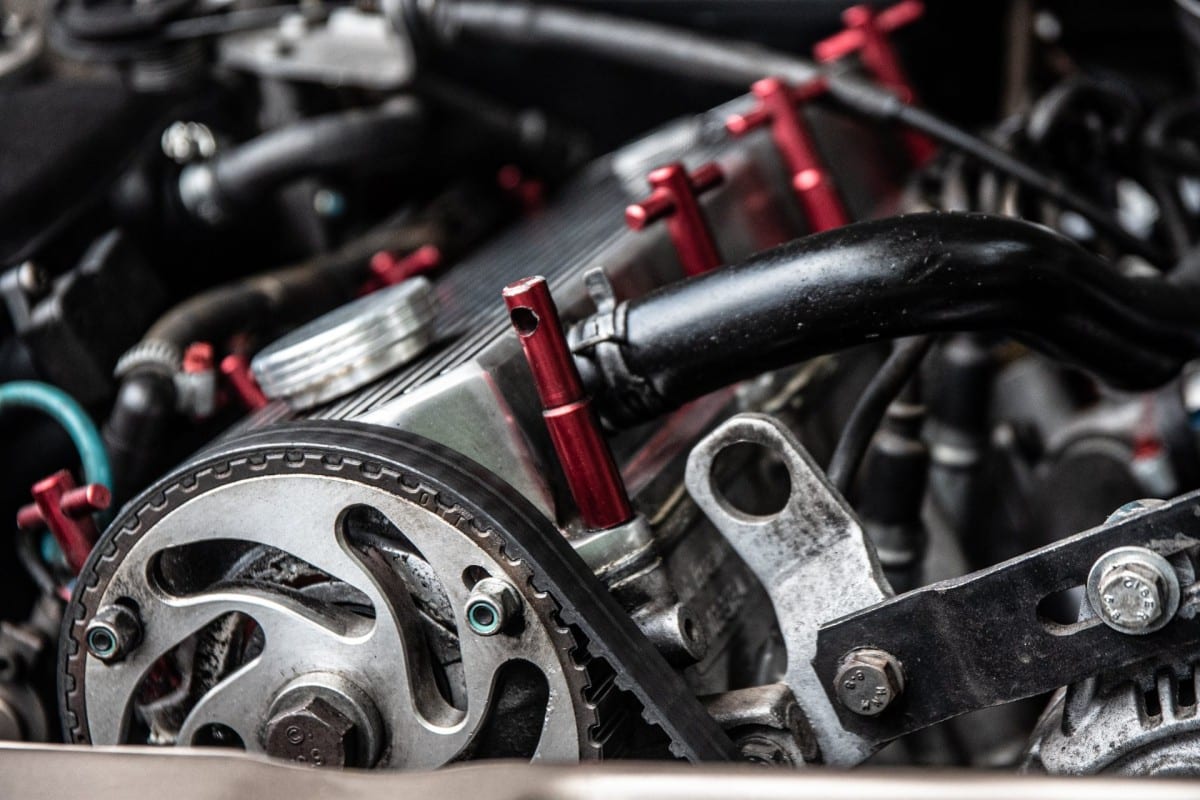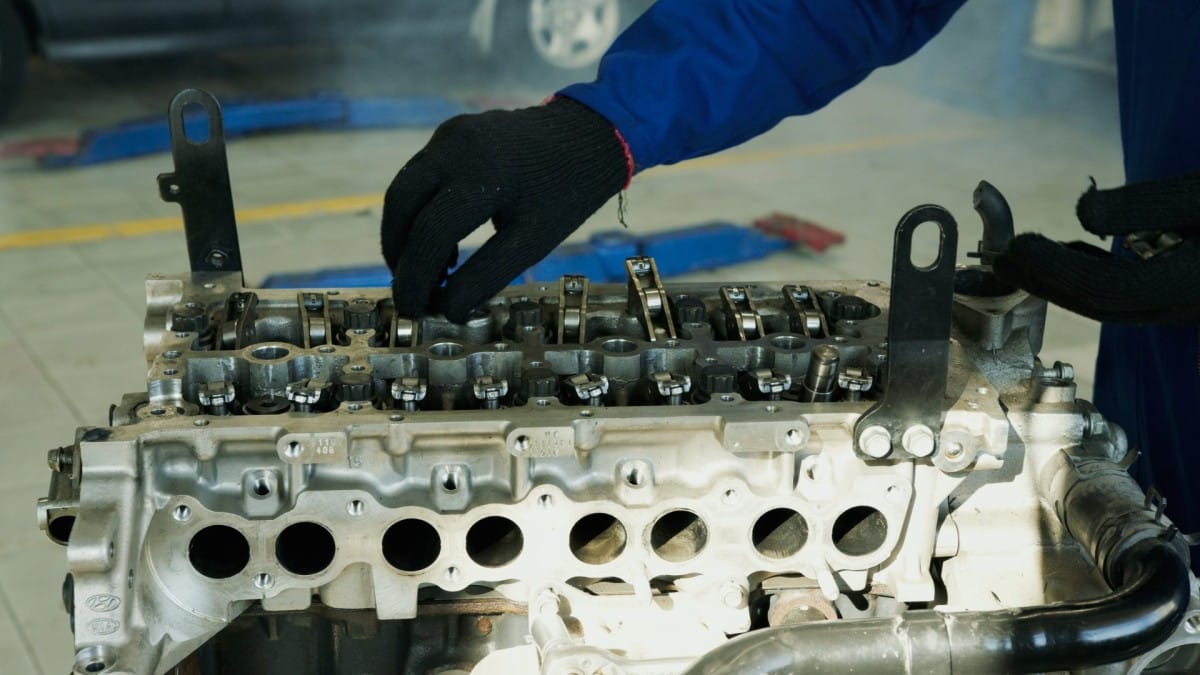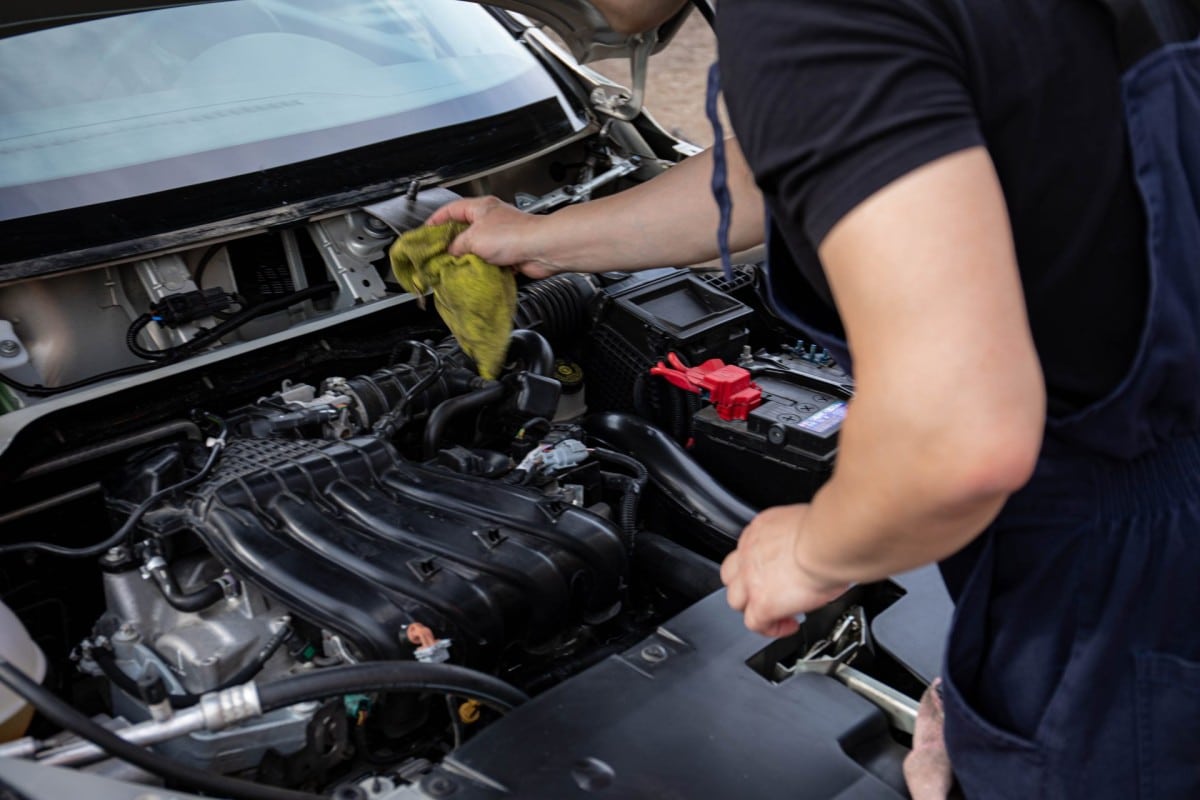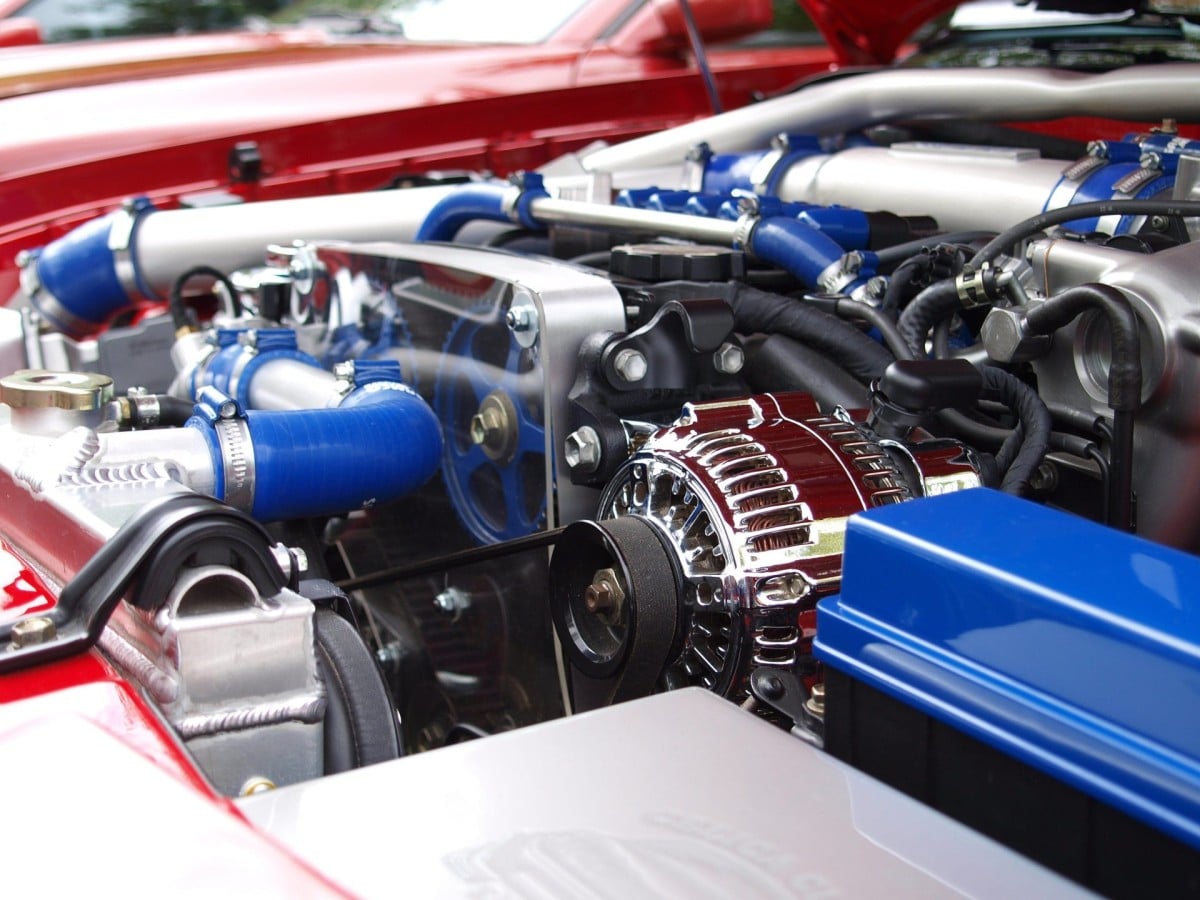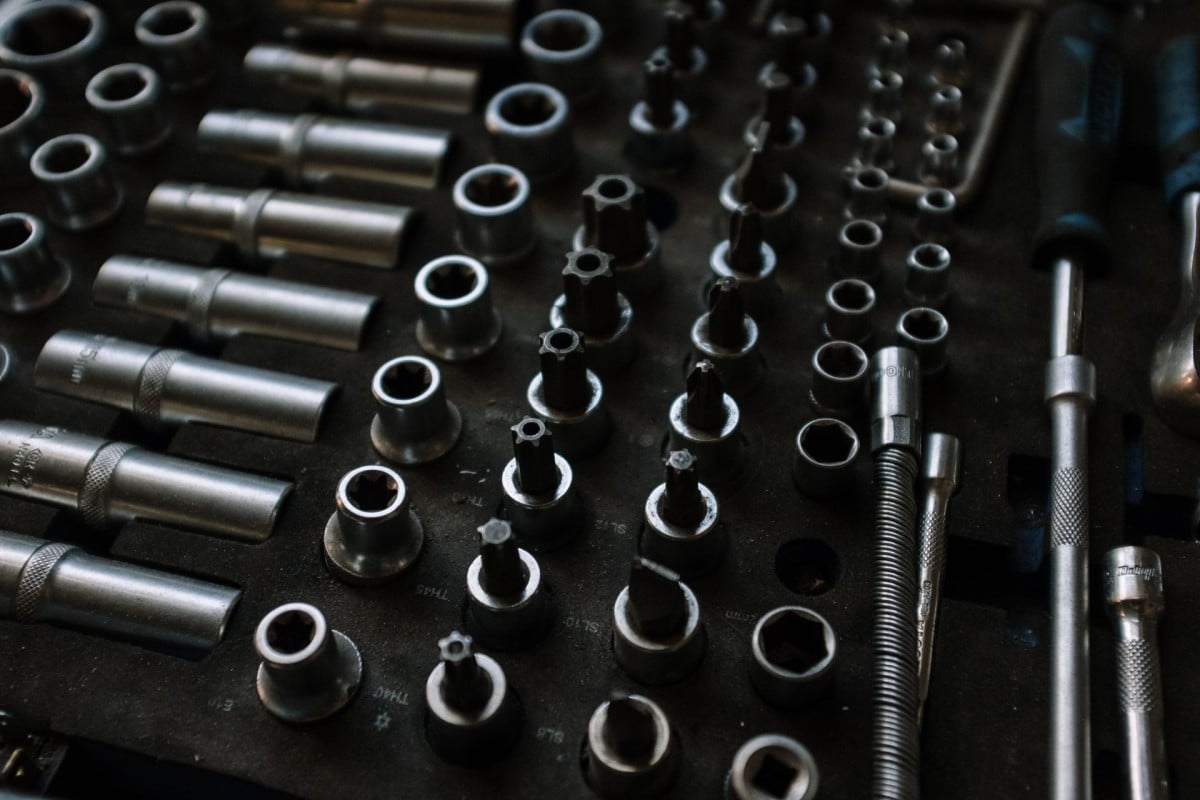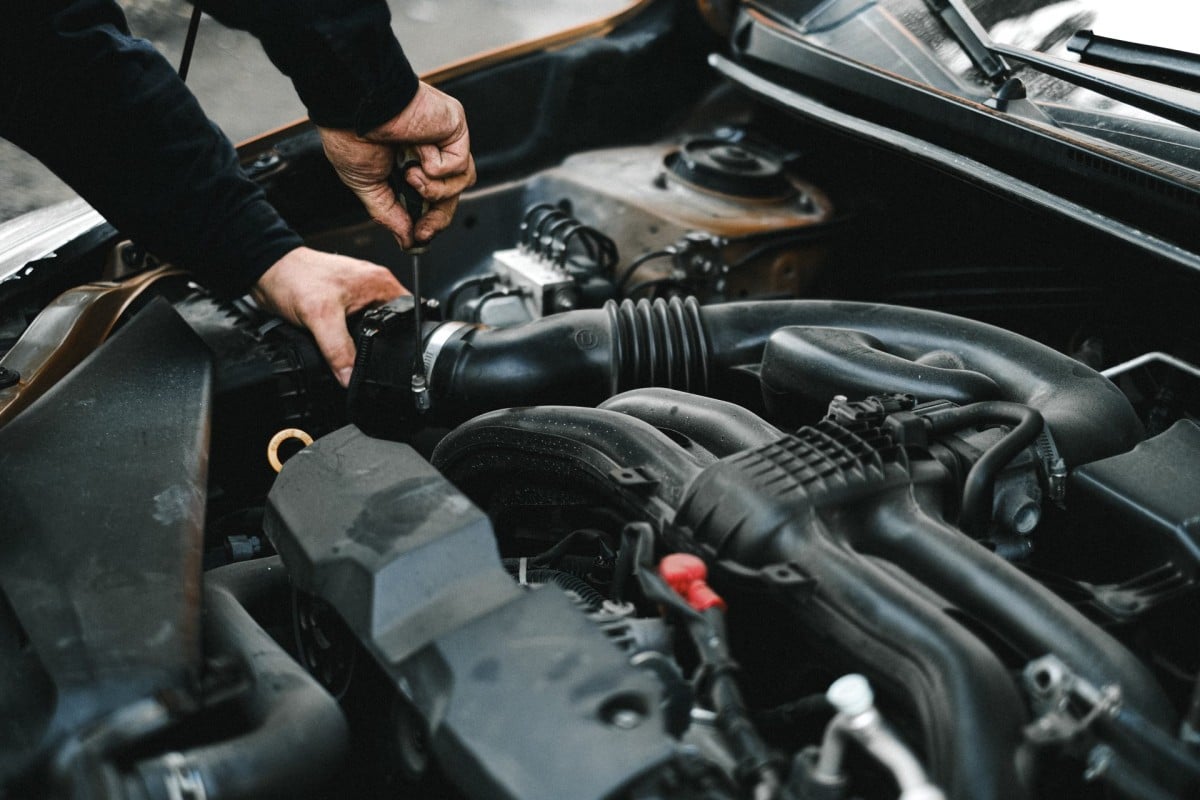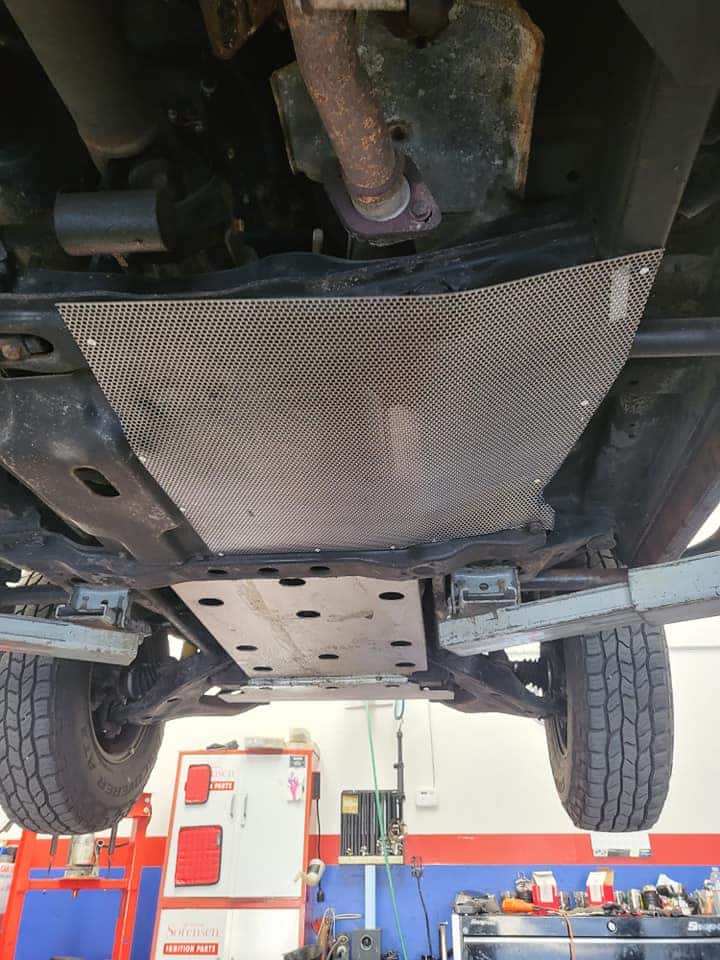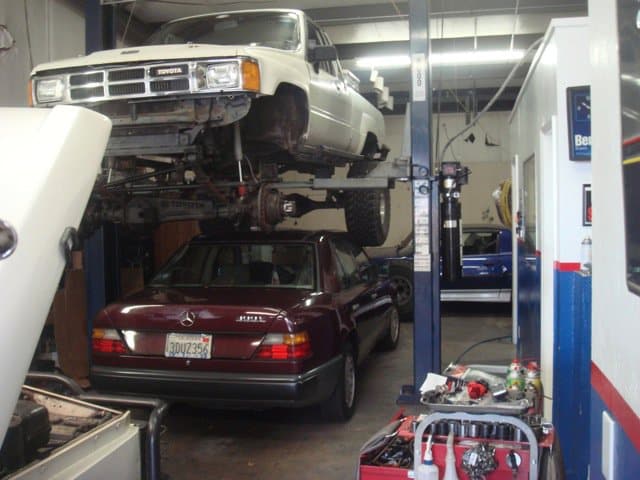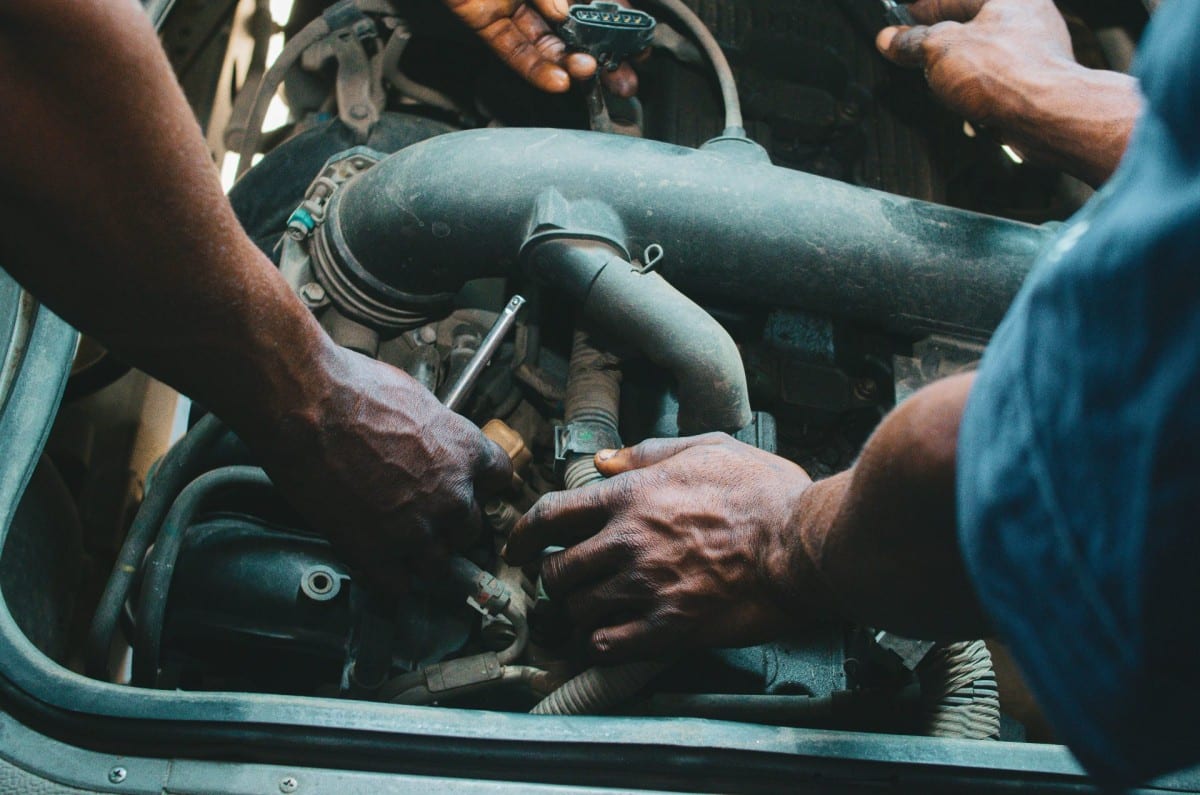Best Practices for Car Battery Storage and Maintenance
Cars are a large part of daily life, but many people don’t understand the basics of car battery storage and maintenance. It is important to keep your vehicle running smoothly and safely by taking proper care of the car battery. The car battery is essential for powering vital electrical components in today's vehicles, such as the engine control unit, lights, ignition system, and radio. In order to keep your car running, it's important to learn best practices for car battery storage and maintenance.
What Is a Car Battery?
A car battery stores energy that is produced by chemical reactions between lead plates and sulfuric acid electrolyte. This energy is then used to start the engine with an electric current and power other electrical components in the vehicle when needed. It’s important to know how a car battery works so that you can properly maintain it.
When Should You Replace Your Car Battery?
A typical lead-acid auto battery will typically last between three to five years if properly maintained. However, some batteries can last much longer than that if they are well taken care of. You should be aware of signs that your battery may need replacing including: slow engine starts; dim headlights; corrosion or rust on the terminals; leaking fluid; swollen or bulging case; low fluid level; or frequent jump-starts needed to get started. If you notice any of these signs, it’s time for a new battery as soon as possible in order to avoid further damage and costly repairs down the road.
Best Practices for Maintaining Your Car Battery
It’s important to follow best practices when maintaining your vehicle’s battery in order to ensure its longevity:
• Clean off any buildup on terminals – Dirt or grime buildup on terminals can prevent charging from occurring properly so make sure you clean them regularly with baking soda and water solution – just make sure not use anything metal like steel wool!
• Make sure connections are tight – Loose connections can cause arcing which leads to more waste energy being produced than necessary resulting in faster deterioration of both your alternator and starter motor over time – check all connections at least once a month!
• Keep an eye on fluid levels – Many batteries have removable caps where you can inspect fluid levels within the cells – inspect these every couple months or so if possible – if they seem low then top them up with distilled water only!
• Monitor voltage levels – If voltage levels drop below 12 volts then it could be due either worn out cell plates which means you need new ones immediately or simply because there isn't enough charge left in them anymore which means charging up through an external source should do trick (make sure not overcharge though!).
• Properly store unused batteries – If you plan on leaving your vehicle parked up for extended periods then make sure its stored away from extreme temperatures (cold or hot) as well as direct sunlight – this will help avoid unnecessary degradation due prematurely aging cells within it!
• Have regular checkups done by professionals – It’s always good practice to have professionals like Sartorial Auto Repairs inspect your car periodically as they can check all aspects related directly related with its performance such as fuses, alternator belt tensioner & condition etc., all which contribute towards ensuring correct functionality throughout life span of vehicle itself!
Taking proper care of your car's battery will help extend its life span and save money in repairs down the road. By following these simple best practices above, you'll be able keep track of any potential problems before they become too costly—and keep driving safe while doing so! For more information about keeping your car running smoothly, contact Sartorial Auto Repairs today for expert auto repair services throughout Sonoma County including Cloverdale & Sebastopol CA areas!


